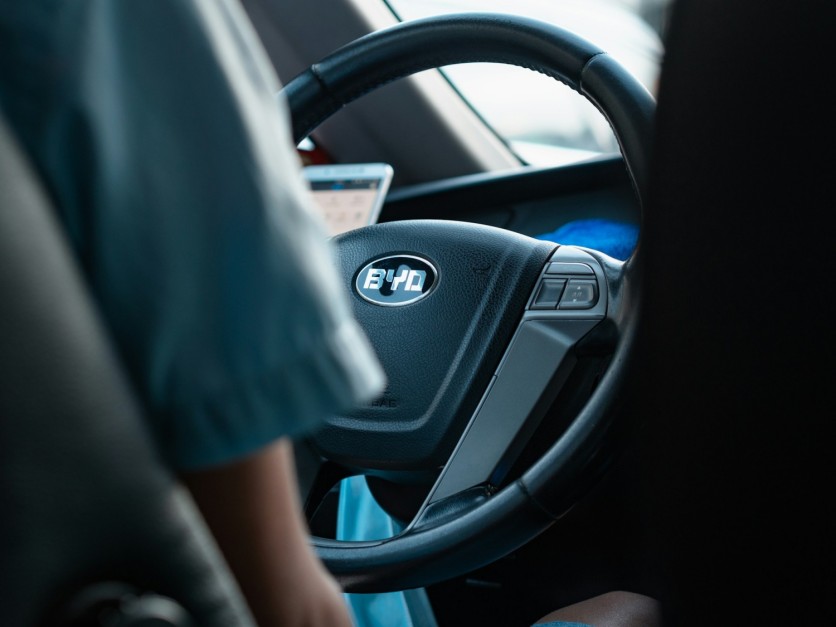China has strongly criticized the European Union's decision to impose tariffs on electric vehicle (EV) imports. This response comes after the EU lowered duties on several major electric automakers, including Tesla, sparking tensions between the two economic giants.
A spokesperson from China's Ministry of Commerce stated that Beijing remains firm in its belief that the EU's investigation into China's subsidies for its electric vehicle industry has been biased from the start.
The spokesperson accused the EU of fostering unfair competition, asserting that the probe's outcome was predetermined.
According to the translated statement from the Ministry of Commerce representative, China "will take necessary measures" to firmly protect the legitimate rights and interests of local automakers.
EU Lowers Tariffs on Key Electric Vehicle Manufacturers

On Tuesday, Aug. 20, the European Commission, the EU's executive arm, announced a reduction in import duties for several electric vehicle manufacturers bringing cars into the European market from China.
Among the companies benefiting from this tariff reduction is Tesla, which now faces a 9% import duty, significantly lower than the previously expected rate of 20.8%.
According to CNBC, the newly imposed tariffs add to the existing 10% duty on battery electric vehicles imported into the EU from China. The decision also extends tariff reductions to prominent Chinese electric car manufacturers, including BYD, SAIC, and Geely.
The EU's move to adjust tariffs comes in response to growing concerns that China's substantial subsidies for its electric vehicle industry are undermining fair competition in Europe. The EU initially announced these tariffs in June as part of its strategy to address the perceived imbalance in the market.
Related Article: EU's Import Tariffs on Chinese EVs, Expected as Early as This Week
China's Response: A Plea for Fairness
Reacting to the EU's tariff reductions, the Chinese Commerce Ministry highlighted the extensive efforts made by the Chinese government and its EV industry to address the EU's concerns.
According to the Ministry, China submitted tens of thousands of pages of legal documents and evidence, including questionnaires, written comments, and hearing statements, to defend its practices.
These submissions, the Ministry argued, provided a comprehensive defense against what China sees as the EU's unreasonable and non-compliant actions. The Ministry also warned that the EU's tariffs could disrupt the stability of the global automotive supply chain, including within the EU itself.
Despite these efforts, the Chinese Commerce Ministry expressed disappointment with the EU's final ruling, stating that it failed to fully consider China's perspective.
The Ministry claimed that the decision was based on facts selectively identified by the EU, rather than those agreed upon by both parties.
In closing, the Ministry of Commerce voiced hope for resolving trade disputes with the EU through practical actions, aiming to prevent an escalation of trade tensions between the two economies.
Impact on Global Automotive Industry
The ongoing trade friction between China and the EU has raised concerns about potential disruptions in the global automotive industry.
As both regions are significant players in the electric vehicle market, any further escalation could have far-reaching consequences for the industry, affecting supply chains, pricing, and consumer choice.
"The EU's goal of phasing out ICE vehicles by 2035 was already facing challenges. The market share of battery electric vehicles fell from 14.5% in 2023 to 12% in the first four months of 2024. Additional levies on Chinese EVs could delay the availability of a larger range of more affordable EVs in Europe," Euronews reports via ING.
Read Also : Tech Giants Clash with India Over OTT Regulation





